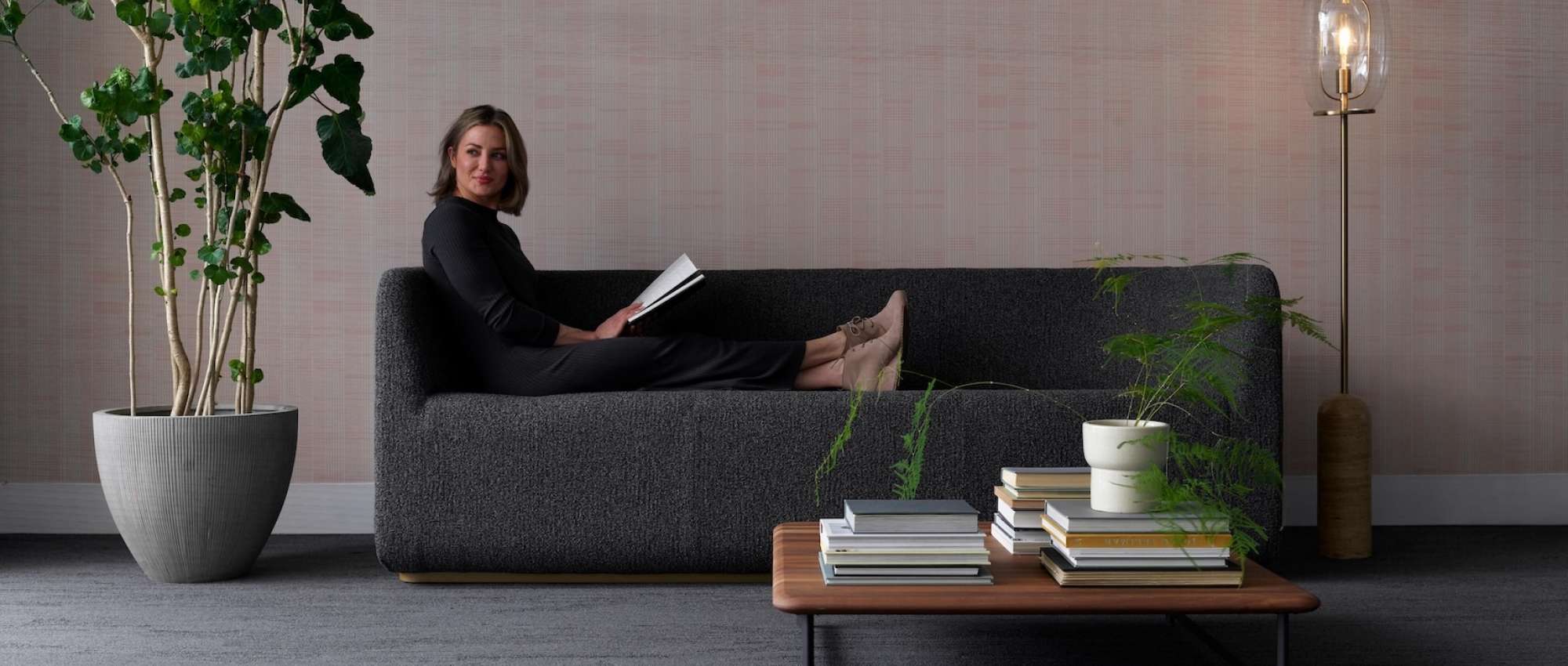Explore the importance of neurodiversity in the built environment and understand how cognitive, sensory, and social factors influence occupant well-being. Join us to learn how to apply neuroinclusive design principles to enhance health, safety, and welfare outcomes for all individuals.
Discover evidence-based strategies and case studies that demonstrate how lighting, acoustics, spatial zoning, and restorative spaces reduce stress and improve performance.
Discover evidence-based strategies and case studies that demonstrate how lighting, acoustics, spatial zoning, and restorative spaces reduce stress and improve performance.
Accreditation:
1.0 IDCEC CEU credit
1.0 EDAC CEU credit
1.0 AIA CEU credit
1.0 EDAC CEU credit
1.0 AIA CEU credit

Meet Dr. Kati Peditto
Dr. Kati Peditto is a design psychology expert with a PhD in Human Behavior and Design from Cornell University. As a woman with autism and ADHD, she brings a deeply personal and research-driven perspective to the study of human-environment interactions.
Her work at a leading architecture firm focuses on creating inclusive spaces that support neurodiversity and mental well-being. A passionate advocate for evidence-based design, she shares her insights through widely cited research, dynamic keynotes, and workshops that make the science of design accessible and engaging.
Her work at a leading architecture firm focuses on creating inclusive spaces that support neurodiversity and mental well-being. A passionate advocate for evidence-based design, she shares her insights through widely cited research, dynamic keynotes, and workshops that make the science of design accessible and engaging.
Learn more from Dr. Kati Peditto in her podcast episode
Check out this episode where host Roby Issac and Dr. Kati Peditto discuss how co-design, empathy, and research can make spaces more inclusive for neurodiverse individuals.
